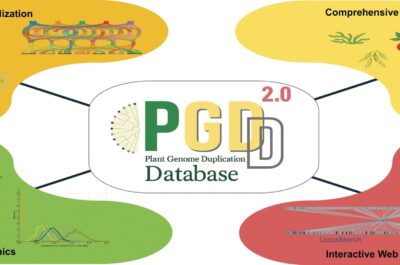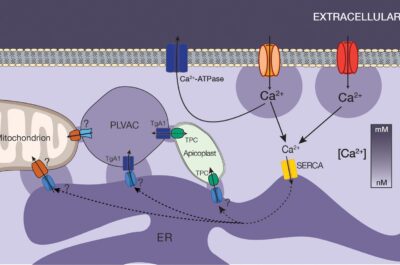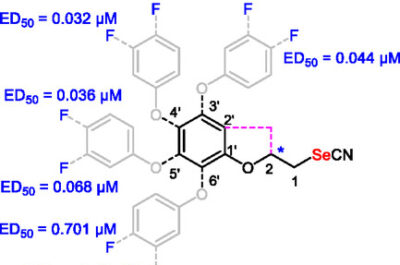Home

The Center for Tropical and Emerging Global Diseases (CTEGD) at the University of Georgia is one of the largest international centers of research focused on diseases of poverty. Researchers and students work together on some of the most important causes of human suffering around the world, including malaria, schistosomiasis, African sleeping sickness, Chagas disease, cryptosporidiosis, toxoplasmosis, leishmaniasis, and filariasis.
Featured News
Treating Mosquitoes: Innovative Ways to Combat Malaria – People, Parasites, and Plagues podcast >>Read More>>
Recent Publications
Calcium transfer from the ER to other organelles for optimal signaling in Toxoplasma gondii >>Abstract>>
Selenocyanate-Containing Molecules as Trypanosoma cruzi Inhibitors: Impact of Regioisomerism, Conformational Restriction, and Second-Ring Substitution >>Abstract>>
Video of the Week
The Tarleton Research Group at the University of Georgia’s Center for Tropical and Emerging Global Diseases discusses the importance of persistence and dormancy in Trypanosoma cruzi infection and Chagas disease in a review published in Current Opinion in Microbiology.











